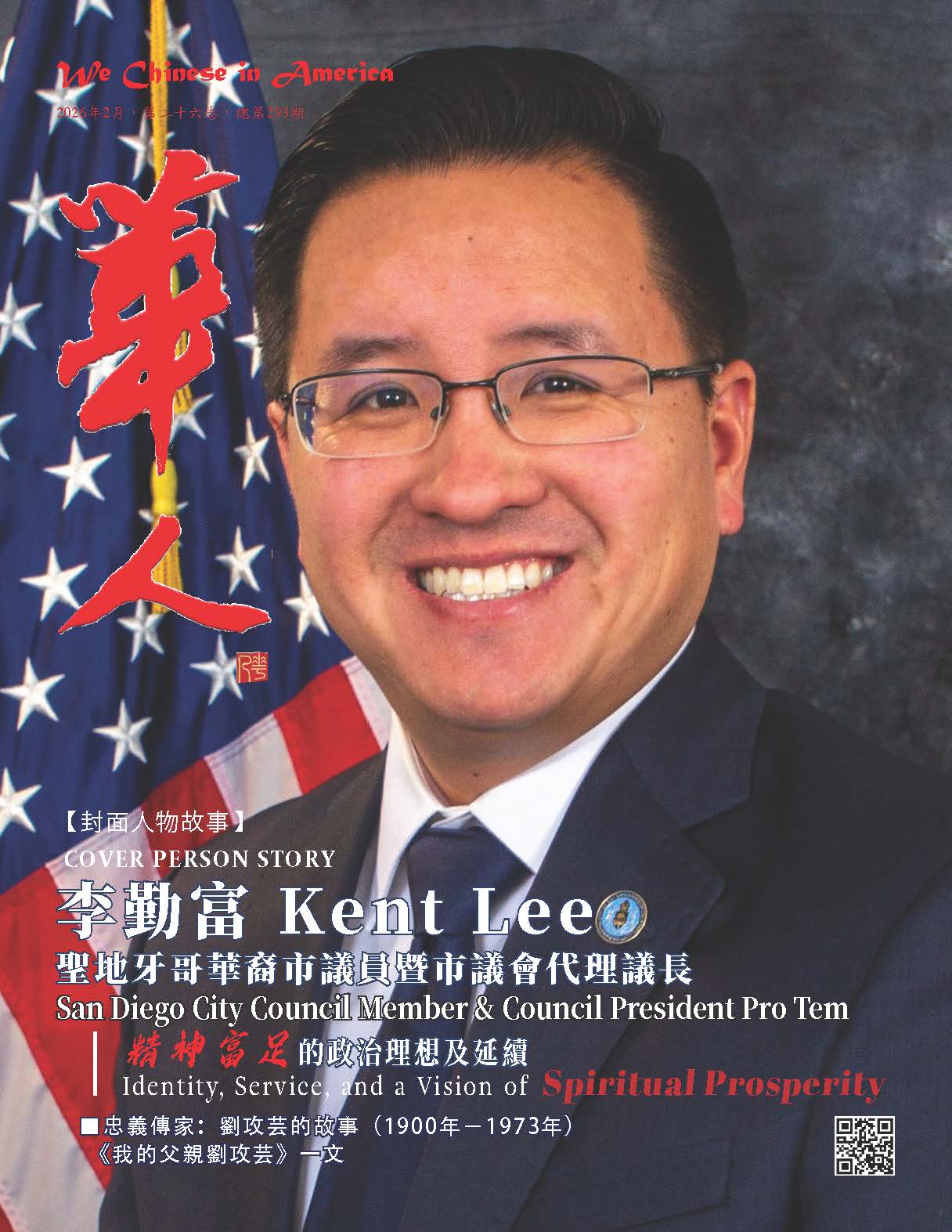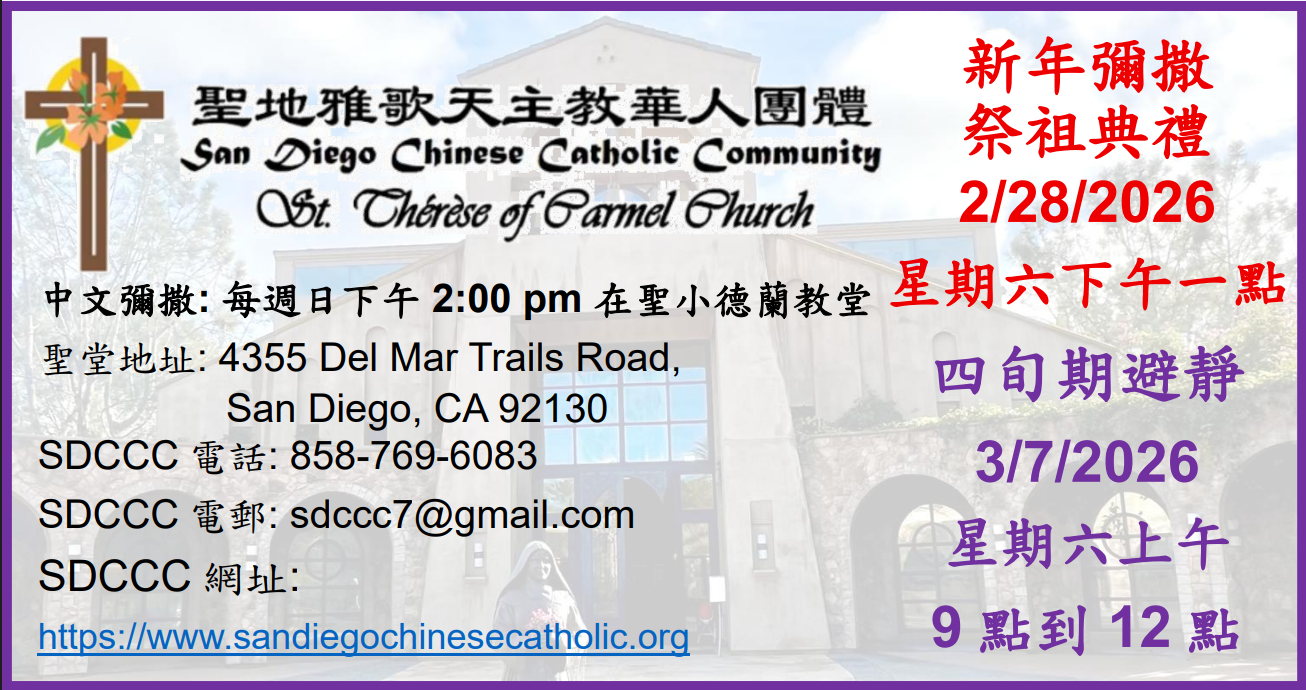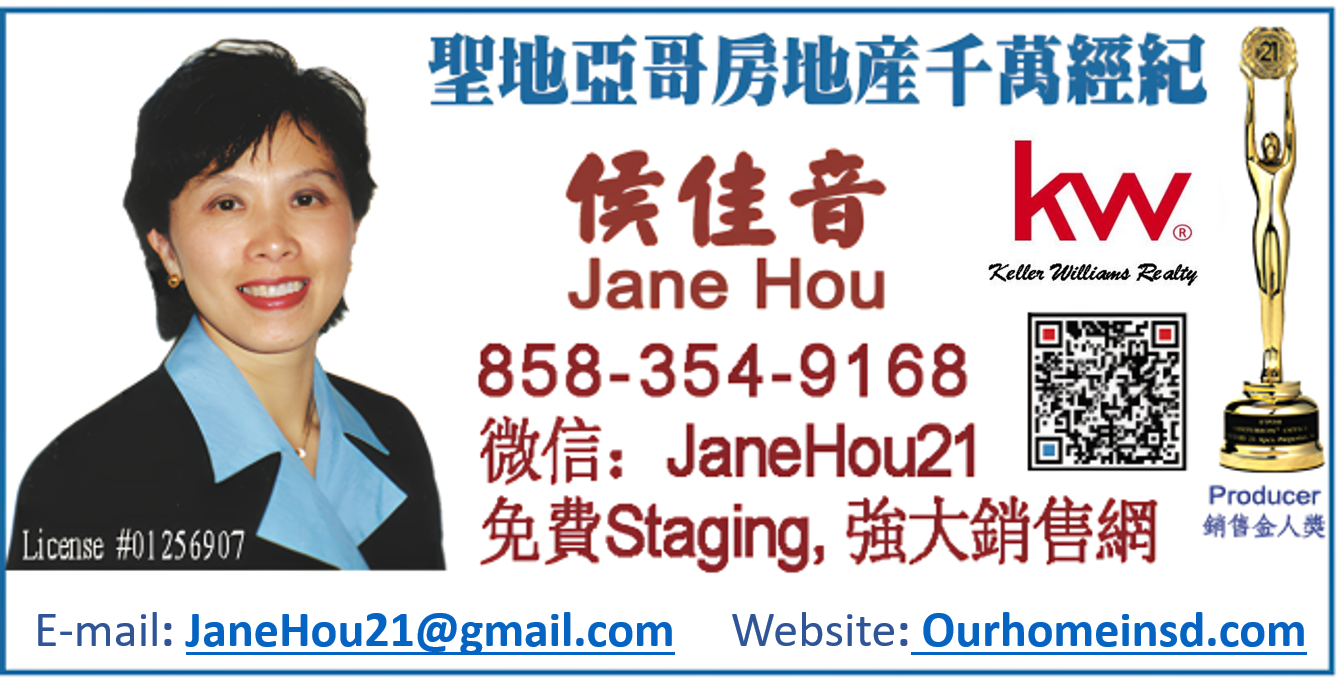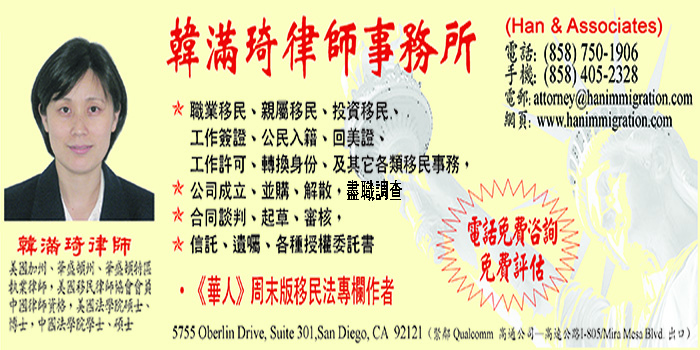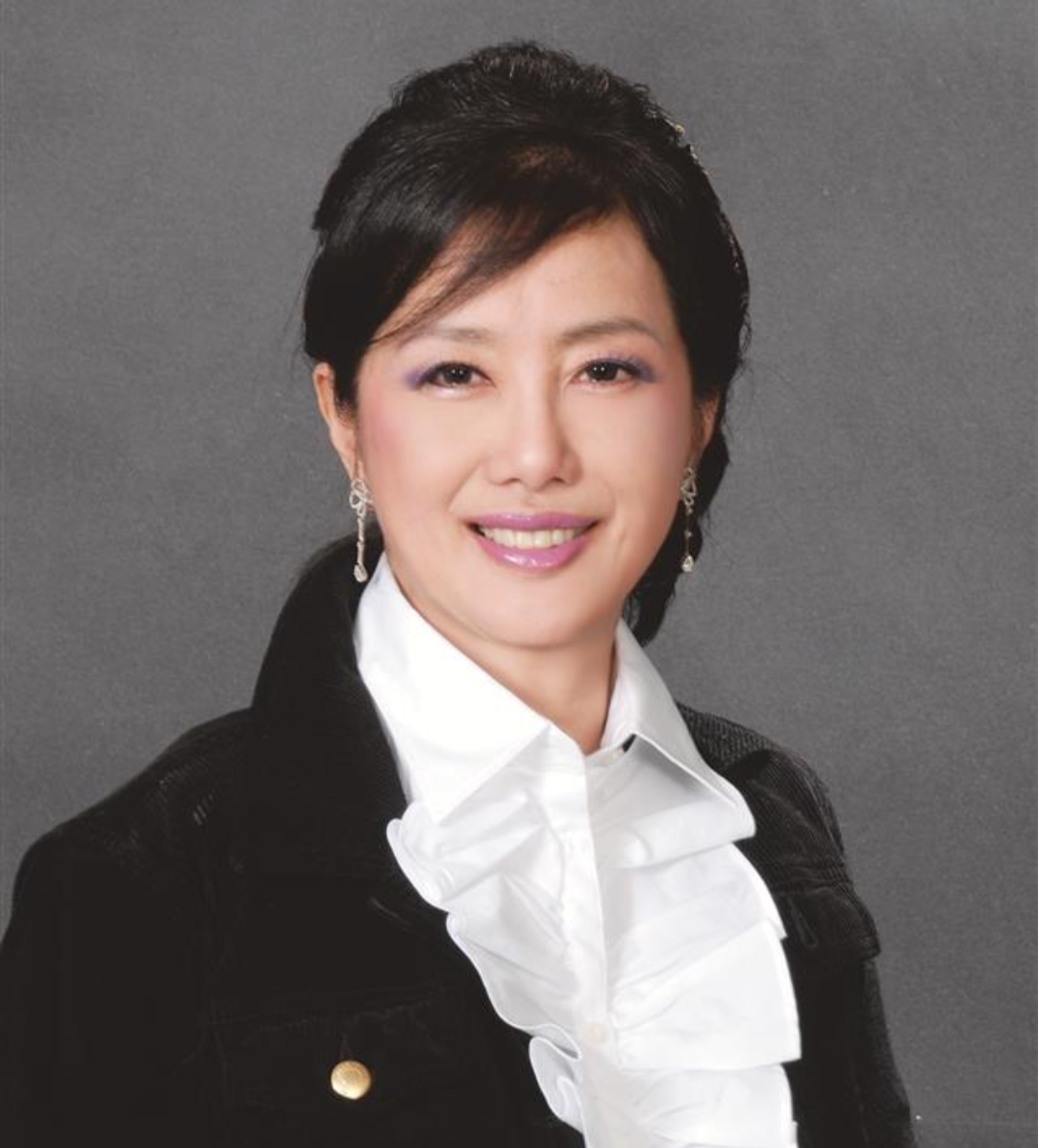
Brick by Brick, Word by Word Weaving the Soul of Culture Ruth Wang Yen 王曉蘭
By Lilly Cheng, Ruth Wang Yen
Ruth Wang Yen is a highly influential curator, writer, and promoter of Chinese literature and culture in the United States. Since 2013, she has served as President of the Association of Chinese Literature in America and founded the Bricks Foundation of Chinese Humanities in the U.S. as its Executive Director. For over a decade, she has dedicated herself to advancing the exchange and development of overseas Chinese literature, arts, and culture. Guided by the vision that “literature is like bricks,” she believes that words, like architecture, have the power to construct the world, linking art, the humanities, and society while creating spiritual landmarks for the global Chinese community.
Born in Taiwan and based in Southern California, her career bridges both architecture and literature. Together with her husband, she established a company specializing in architectural design, planning, and land development. Since 2011, she has also served as an Honorary Advisory Board Member of the Carnegie Mellon University Center for Building Performance and Diagnostics (CBPD).
In literature, Wang is recognized for her humanistic vision in connecting Eastern and Western cultures. With her rich cross-disciplinary experience, she has pioneered opportunities for Chinese culture to flourish in America through lectures, publications, and cultural initiatives. She often stresses that architects build tangible structures while writers build invisible spiritual spaces—both embodying these values. In her writings and speeches, she reminds overseas Chinese that regardless of distance or personal achievement, they remain inheritors of five thousand years of civilization—the “descendants of the dragon.” This conviction continues to inspire her lifelong mission of cultural preservation, innovation, and global exchange.
In 2013, Ruth founded The Bricks Foundation of Chinese Humanities, focusing on promoting international and interdisciplinary exchange to advance the development of the arts and humanities. Over the past 12 years, she has planned and hosted a wide variety of events, including literature workshops, lectures, conferences, exhibitions, and literary conventions. These activities have spanned the fields of literature, art, film, architecture, anthropology and archaeology. Her efforts not only connected Chinese communities in North America, but also in China, Taiwan, and Hong Kong, also establishing a platform for the humanities with a global perspective. In addition, she serves as an overseas advisor to the Epoch Poetry Journal (創世紀詩刊) supporting the preservation and development of modern Chinese poetry worldwide.
As times have evolved with technology, Mrs. Wang has recognized that the language of a new era is shifting from words to multimedia—a revolutionary change. Guided by this vision, she has organized lectures and conferences to explore the development of this emerging trend while asking: How can we take advantage of this movement? What must we learn in order to ride the wave?
Today, every sector is affected by AI technology as it is advancing at an unprecedented pace. Therefore, the core values of the humanities and the arts remain more vital than ever.
At the Spring 2025 lecture, guest speaker Mr. Hao Guangcai (郝廣才), a renowned author who brought Taiwanese children’s picture books to international prominence, “A New Trend in Children’s Literature: The Era of Picture Books (兒童文學新趨勢-繪本時代)”, emphasized how to prepare young readers for the upcoming new realities through engaging stories that encourage imagination and growth in the area of cultural and economic enrichment, economic, money concept, and the cultivation of character traits as well as knowledge.
In June 2025, Mrs. Wang gave her keynote, “The Possibilities of Overseas Chinese Literary Creative Works (海外華文文創的可能性),” exploring how traditional Chinese literature can evolve and thrive in the digital age .
In today’s world, where AI technology is advancing at an unprecedented pace, the core value of the humanities and the arts has become more precious than ever. In the past, Mrs. Wang has organized more than 150 in-person , online events and conferences highlighting the cultural heritage of overseas Chinese communities. These activities have been carried out through official websites, YouTube, LINE groups, and other social media platforms, as well as in collaboration with universities and research institutions. They attract participants of all ages and backgrounds to join in dialogue, study, and creative work.
She encourages people to learn about their own culture systematically from their individual cultural background perspectives, calling on everyone to “tell their own stories through their own or local languages.”
Ruth was featured on the cover of WeChinese Magazine in its March 2013 issue, where she shared much of her vision and hopes for the future of overseas Chinese literature. To this day, she continues to carry forward those aspirations, working ”brick by brick” to build cultural remembrance and to create platforms for collaboration in research and literary exchange. Today’s conversation with Mrs. Wang, as editor of WeChinese Magazine, was both pleasant and enlightening. I hope we have conveyed her vision and dedication to readers as fully as possible, so that more people may come to appreciate her efforts and sacrifices for the development of Chinese literature.
Can you tell us about your childhood?
I was born in Taiwan. My father was an English translator and teacher, and my mother worked in the tax bureau before becoming a full-time homemaker to care for us. When I was young, my father often told me stories of his education journey during World War II, frequently pulling out a map of China to show me where he had been and what had happened. I grew up tracing my father’s footprints scattered across the map of China, and from an early age I learned to read maps with ease, developing a love for geography and purposeful travel.
My grandmother lived in a small village near Dalin in Chiayi County, Taiwan, where most of the villagers belonged to the same extended family. Since my grandfather passed away early, I often spent summers and winter breaks with my grandmother, playing with the village children—some exceptionally bright, others simply curious and playful. My family’s ancestral roots trace back to Haifeng County,(廣東省) a place steeped in cultural tradition. My childhood unfolded in a landscape of curling rivers, sugarcane fields, green rice fields shimmering in the wind, and some tall betel nut palms. My great-grandfather served as an official in the Qing dynasty and was later appointed to a regional office in Taiwan after the Japanese occupation. My grandfather became deputy head of Dalin city. One of my uncles studied chemistry at Yokohama National University in Japan and went on to cofound the China Standard Pencil Factory and later the Shanghai Pencil Factory, making him one of the leading engineers in the modern Chinese pencil industry. After Taiwan’s liberation from Japanese rule, he returned to purchase the Gaosha Pencil Factory in Banqiao, Taipei.
I have been greatly influenced by my mother, who was a kind and considerate lady . Throughout the school years , she never stopped preparing lunch boxes for my sisters and me. One day, I noticed one classmate near me who had little to eat during lunch period. When I mentioned that to my mother, she prepared an extra lunch box for her for two years! That classmate eventually graduated with honors and was admitted to National Taiwan Normal University. That summer, we received a bag of rice from her family and a heartfelt letter of thanks.
My mother liked to read and loved music— such as Chopin, John Strauss , or Chinese singers Bai Guang (白光) and Zhou Xuan (周璇)were among her favorites. She was excellent at cooking, baking and sewing.
What is your profession? Please describe it in detail.
My major in college was Educational Media Science, with a minor in architecture and art history. I later obtained my Masters in Library and Information Science (MLIS) in the United States. These studies laid the foundation for my academic and professional work, giving me opportunities to experiment with the interdisciplinary connections between technology and the humanities.
My first position was as Deputy Director of the Technical Department at a public library, where my work focused on technical aspects and community cultural programs. A few years later, after we moved to California, I co-founded an Architecture Planning and Real Estate development company. It existed for over a decade. In 2011, I was invited to serve as an Honorary Advisor for the Center of Building Performance and Diagnostics (CBPD) at Carnegie Mellon University. Two years later, in 2013, I founded The Bricks Foundation of Chinese humanity. Throughout my career, I have continued to embrace lifelong learning. As Steve Jobs’ famous speech from his 2005 Stanford Commencement address.“You can’t connect the dots looking forward; you can only connect them looking backwards. So you have to trust that the dots will somehow connect in your future. You have to trust in something — your gut, destiny, life, karma, whatever.”, This insight reflects my journey of weaving together diverse fields into some meaningful work I like.
Can you share your writing journey with us?
I developed the habit of diary writing at a young age. By middle school, I began to like reading poems and occasionally wrote short verses. In college, I served on the editorial team of the school publication, contributing articles from time to time.
Around 2011, I met several veteran writers who encouraged me to publish my earlier works. With their support, I published my first poetry collection, for which the renowned poet Luo Fu graciously wrote a long preface for my book. Since then, I have also explored essays and reportage writing, earning awards and recognition for some of my work. I have also conducted interviews with prominent figures in film academia, some of which were later published. Recently, I have been working on a documentary article about my uncle, a pioneering engineer in China’s modern pencil industry, who helped lay the technological foundation for pencil manufacturing as well as for other writing instruments used in medical and other fields from 1935-80.
Beyond my own writing, I have hosted essay and contemporary poetry courses taught by leading instructors from Taiwan . During the pandemic, these programs nurtured many newcomers to the literary field—some of whom went on to win awards for their work. Witnessing this new generation of writers emerge has been one of the most rewarding parts of my journey.
What motivates you to pursue these goals?
Since my middle school years, I have consistently reflected on the meaning and purpose of life through journaling. Out of these reflections, three guiding principles have gradually taken shape: lifelong learning, creative expression, and innovation. The pursuit of new knowledge brings me enduring joy, and the successful completion of a project—whether a poem, an interview, an architectural design, or the planning of a cultural event—provides a profound sense of fulfillment.
I am deeply grateful for opportunities to engage with distinguished predecessors whose work has allowed me to view the world from new perspectives and greater heights. While my interests are wide-ranging—spanning literature, the arts, architecture, anthropology, photography, and travel—they converge on a single aspiration: to build connections between the histories of Eastern and Western civilizations. Over time, I have come to recognize the deep interrelatedness of knowledge across disciplines. This conviction explains my enduring admiration for the Renaissance masters, such as Leonardo da Vinci, who embodied the spirit of interdisciplinary inquiry and innovation.
Can you share more about yourself?
At my core, I am a lifelong learner who finds inspiration in both the acquisition of knowledge and the cultivation of meaningful connections with individuals whose talents and perspectives exceed my own. Interdisciplinary exploration, coupled with the dialogue between Eastern and Western cultural traditions, continues to motivate my personal and professional pursuits.
My current studies in Traditional Chinese Medicine (TCM) have opened an entirely new dimension of intellectual and personal growth. Beyond expanding my understanding of human anatomy and physiology, TCM has deepened my appreciation of the ancient Chinese wisdom of healing. I was particularly struck by the intricacy of the human body, which revealed itself to be far more complex and elegant than I had ever imagined. In parallel, my engagement with contemporary literature—most recently Chiang-Sheng Kuo’s Why Not Be Seriously Melancholy—has offered fresh perspectives on memory and identity, inspiring me to reconsider my past through new interpretive lenses.
I hold myself to disciplined standards and continually strive toward excellence, though I acknowledge that perfection remains an ideal rather than an endpoint. Among my many interests, travel has been my most constant source of renewal. Each journey not only exposes me to diverse cultures, landscapes, and communities but also allows me to discover new dimensions of myself. In the midst of an often turbulent world, travel provides a return to clarity and principle.
If granted a day free of obligations, I would devote myself to quiet yet enriching pursuits such as reading, writing, or painting. I might walk along the seashore, linger within a museum, or enjoy a contemplative meal at sunset, surrounded by nature. These moments of simplicity and reflection bring me peace. Ultimately, I believe that the value of any journey lies not solely in its outcome but in the experiences and insights gathered along the way. My aspiration is that my own journey may serve not only as a source of meaning in my life but also as a contribution to the well-being and inspiration of others.
My Mentors
From my mother to accomplished scholars, each mentor has allowed me to learn different qualities and skills—trust, courage, kindness, vision, and acceptance—virtues that continue to guide my path.
Inspirations for Art and Literature
Since college, my work in cultural events has given me the privilege of meeting well-respected individuals in literature, the arts, anthropology, and architecture. Learning from their experiences, creations, and studies has broadened my horizons and deepened my understanding of the history and culture of both East and West.
Among my most influential mentors in recent years were poets Ya Hsien, Luo Fu, professor Hongchao Dai, and famous Taiwan screen writer, Chang Yung-hsiang. Each of them has offered me not only guidance in literature and cultural vision but also enduring examples of discipline, generosity, and responsibility. Their mentorship has strengthened my commitment to uniting literature, culture, and sustainable design within the mission of The Bricks.
I first met Mr. Luo Fu in 2010 during the retirement ceremony of Professor Wai-lim Yip, when I was assigned to host him and his wife. Together with Ya Hsien and Zhang Mo, Luo Fu co-founded the Epoch Poetry Society, the longest-running modern poetry journal and collective in Taiwan. In 2013, poet Luo Fu came to Los Angeles for a speech at my invitation. When I was preparing my poetry collection, he kindly wrote an introduction encouraging me as both teacher and friend. His wife always welcomed us warmly, His calligraphy demonstrated profound mastery, and his long poem Driftwood—completed during a year of solitude in Vancouver—earned him a nomination for the Nobel Prize in Literature.
Through Luo Fu, I later visited Mr. Ya Hsien in Vancouver. He gladly showed me his antique collections , the pictures of his wife and stories of his remarkable life—from his childhood, to drama and literature, his editorial work, and friends. He once portrayed Sun Yat-sen in The Tale of the Founding Father, a role that brought him much pride. After retiring from the Navy, he became Chief Editor of Young Lion Magazine and later the United Daily News Literature and Arts Supplement, where he supported many young writers and artists, including Mu Xin 木心, Chuan Kao 高全之, Lin Hwai-min 林懐民, and Xi Murong 席慕容.
Inspirations for Art and Literature
Another mentor who shaped my professional outlook was Professor Volker Hartkopf of the Center for Building Performance and Diagnostics (CBPD) at Carnegie Mellon University. He was the pioneer of green architecture and sustainable building design in the U.S during the 70's. Originally from Germany, his research focused on energy efficiency and healthier environments, gaining recognition in major U.S. news outlets and receiving awards from NSF as well as support from the Department of Energy.
When we returned to Carnegie Mellon for my child’s education, we reconnected. Both he and his wife were accomplished scholars and respected professionals. At the time, he also served as chairman of the United Nations UNEP think tank, promoting green building strategies and ecological design in regions most in need of support. I traveled with him on many occasions to share best practices and assist local green associations in addressing design challenges, while also advancing approaches that improve human well-being and environmental stewardship.
He and his wife always treated us and my child like family, welcoming me to their home in Pittsburgh with kindness and warm meals. On one occasion, I brought him to Henan, China, where we visited ancient architecture, natural wonders, and museums. His deep appreciation for Chinese culture was also evident during a conference in Shanghai, where he purchased a silk scarf as a keepsake after the meetings concluded.
What motivates you to pursue these goals?
There are several reasons that motivate me to continue this work.
First, I observed that while our community offers many social activities, there are relatively few programs that go in-depth into culture and literature. I felt it was important to create a platform for deeper learning in these areas.
Second, I have had experience in planning and organizing academic and cultural events since I was young. Continuing this mission allows me not only to contribute to the community but also to continue learning and growing myself.
Third, I was inspired by the vision of poets such as Luo Fu and Ya Hsien. They reminded me that Taiwan has preserved many of the cultural treasures of Chinese civilization that were interrupted during the Cultural Revolution. Their encouragement gave me a sense of responsibility to bring more writers, scholars, and artists to share their experiences with overseas Chinese communities as well as with local audiences.
Finally, I feel motivated by the results I have already seen. Through our programs in poetry, writing, and storytelling, many participants have gone on to publish books, articles, and even launch new artistic careers. Witnessing these outcomes convinces me that the work is worthwhile.
This motivation guided me in 2012, when I was serving as president of the Tamkang University Alumni Association of Southern California. At that time, I invited the poet Luo Fu—also a Tamkang alumnus and a Nobel Prize nominee for his long poem Driftwood—to lecture in Los Angeles. The event was very well received, and afterward Mr. Luo encouraged me to establish an organization or platform for Chinese writers and artists from Taiwan to share their works, experience in overseas.
Following his advice, I organized more programs, usually in spring and fall. Among our guests was the renowned writer Pai Hsien-yung, who spoke on “His Father and the Republic of China” to an audience of more than 800 people. I also worked with other key figures such as poet Ya Hsien and Yang Xian, known as the “Father of Taiwan Campus Folk Music.” These activities eventually led to the founding of the Bricks Foundation and the Chinese American Humanities Society.
Looking back, independence and lifelong learning have always driven me. What gives me the greatest joy is seeing knowledge meaningfully passed on at our lectures, classes, conferences, watching members grow into accomplished writers and artists, and seeing participants gain a deeper appreciation of both Eastern and Western cultural traditions. That sense of fulfillment is what continues to sustain my commitment.
What do you think the most important topic for overseas Chinese literature is?
I believe there are several key areas that define the most important topics for overseas Chinese literature today:
- Deep Learning and Reconnection
Overseas Chinese literature should begin with studying our heritage in depth and reconnecting with the cultural spirit that has endured for 5,000 years. It is not only about present-day creativity but also about carrying forward the wisdom, values, and resilience of Chinese history. This work must not only inspire today’s generation; it should ensure that our cultural spirit becomes a lasting legacy for generations to come.
- Diverse Topics and Cross-Disciplinary Approaches
Literature is no longer confined to traditional forms. It can take shape in historical fiction, archaeology-inspired storytelling, or interdisciplinary works that link the humanities with science, technology, or the arts. Encouraging writers to explore across disciplines will make overseas Chinese literature more dynamic, relevant, and deeply connected to both past and future.
- Uniqueness Through East–West Integration
In today’s society, people seek uniqueness as a way to create new value. For Chinese writers abroad, this uniqueness can come from combining the depth of Chinese cultural traditions with Western perspectives. Just as architect I. M. Pei blended Chinese heritage with Western modernism to create iconic works, overseas Chinese literature can also achieve a distinctive voice that is both authentic and global.
- A Global Vision
Finally, overseas Chinese literature must cultivate a vision that goes beyond preservation. It should engage in cross-cultural dialogue, making Chinese voices part of world literature. By doing so, it becomes not only a bridge to our past but also a pathway toward the future, ensuring that the cultural spirit of 5,000 years continues to evolve and inspire across borders and generations.
How are you acting upon your responsibility to society?
I believe that one’s responsibility to society is to provide a positive influence and to promote the sharing of knowledge for the benefit of the community. When individual abilities are connected with society, they contribute to the inheritance and continuation of cultural values. How a culture is expressed and preserved also reflects the spirit of its people.
In practice, I act on this responsibility through the programs I organize, which highlight history, literature, and the achievements of past generations. These activities not only preserve stories and experiences but also inspire others by showing how those before us pursued success despite great challenges. By creating spaces for cultural exchange and inheritance, I hope to foster understanding across communities and ensure that these values remain a living legacy for generations to come.
How have you incorporated your works in overseas Chinese literature into your charity works?
My charity work centers on encouraging members of the overseas Chinese community to write and share their own stories. Our programs include composition, playwriting, poetry, cinematic arts and analysis, short-film techniques, cultural tours, and creative projects in forms such as documentary films. We not only encourage personal narratives, but also exploration of other genres and creative forms—including historical fiction and science fiction—so that each story can be expressed in ways that connect both with heritage and with imagination.
In addition, we conduct deep studies into different aspects of Chinese culture, such as architecture, dynastic history, painting, ceramics, jade, and related traditions, and weave these insights into our creative programs. By combining literary practice with cultural study, we help participants see their personal stories not only as part of their family memory, but also as contributions to a broader cultural heritage and the larger arc of history.
Can you share your current project?
Right now, I am working on organizational preparations for the 2025 GC³–AI Summit: Chinese Literature, Film, Multimedia & AI Summit and Exhibition, which will take place this December in Los Angeles. The project is built around several key highlights:
- Theme and Vision
The theme this year is “Writing, Language, and a New Era.”
We focus on how language and texts now extend beyond words and pages into film, multimedia, and the creative possibilities opened by AI.
Our goal is to create a platform for overseas writers, artists, musicians, AI specialists, and technologists to communicate and collaborate.
- Formats and Activities
Guest lectures, exhibitions, and workshops.
A platform for exchange and collaboration across creative and academic fields.
- Topics of Focus
★Science fiction and historical fiction
★Urban stories and human experiences
★Cinema studies and cross-media storytelling
★Literature, history, and Taiwanese cultural creativity
(台灣文創介紹)
★Educators’ perspectives on multimedia trends
- Highlights
★Panel discussions with artists, writers, filmmakers, producers, educators, musicians, and technologists on new directions and creative trends.
★Workshops on short film and documentary production, giving participants hands-on storytelling skills.
★Book showcases and exhibitions, offering audiences opportunities to engage directly with authors and new works.
- Guest Speakers and Cultural Impact
★Inviting distinguished guest speakers, including:
▶ Han Xiu (韓秀) — renowned writer and winner of the Taiwan Literary Award.
▶ Li You-ning (李祐寧) — Golden Horse Award–winning director.
▶ Wang Chao (王超) — a leading representative of China’s Sixth Generation directors.
▶ Ding Wenjian (丁文劍) — director known for his work on urban memory and humanistic care.
▶ Zhou Min (周敏) — documentary filmmaker.
▶ Zhang Shi-hao (張世儫) — professor, director, and composer.
▶ Chen Han-ping (陳漢平) — Ph.D. in Computer Science, UCLA; founder of a Silicon Valley AI chip technology company.
…and many others.
★Encouraging overseas creators to share their perspectives, create meaningful works, and embrace the responsibility of carrying forward our shared cultural heritage.
- Award Night — Heritage in Bricks
A special evening recognizing outstanding contributions in literature, film, and cultural creativity related to Chinese heritage. The award celebrates individuals who preserve tradition while embracing innovation, honoring their stories, passions, and achievements as part of a shared cultural legacy.
The 2025 GC³–AI Summit: Chinese Literature, Film, Multimedia & AI Summit and Exhibition is not only a cultural gathering, but also a platform to bridge disciplines, inspire innovation, and strengthen the global presence of overseas Chinese literature and creative arts.




